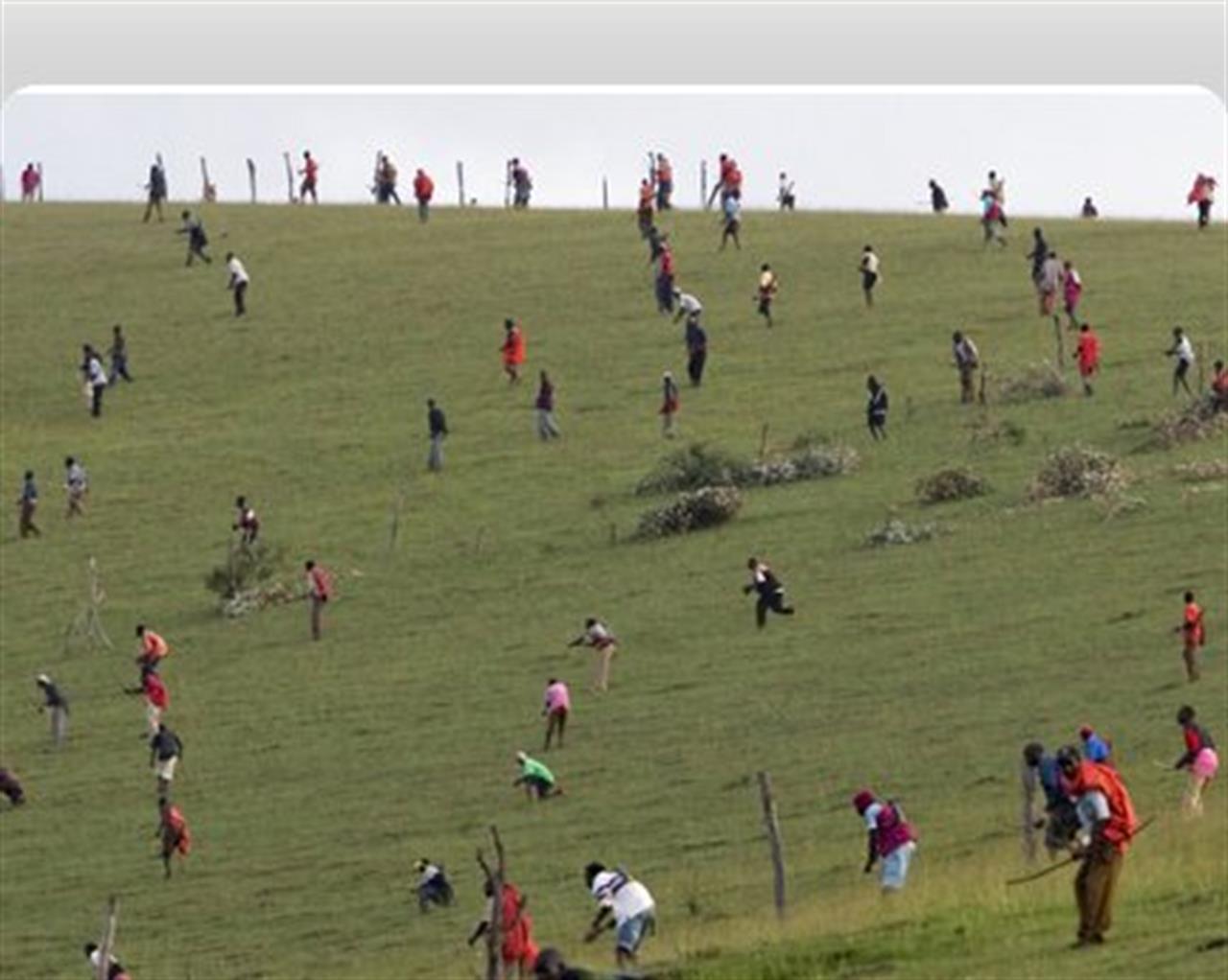Mondo
Land Grabbing: “We need an international legal framework”
Interview with senator Olga Zrihen promoter of the draft resolution on land grabbing

All together, nearly 20 million hectares have already changed hands – or are in the process of doing so – in Africa, out of the 30 to 40 million hectares in the world that are the object of such transactions. According to the U.N. expert on the right to food, Olivier De Schutter, 500 million small-scale farmers around the world are suffering from hunger partly because their right to land is under attack. In the absence of an international legal framework, the Belgian Parliament has decided to set the example by becoming the first Western country to adopt a draft resolution on land grabbing in developing countries. Thanks to the socialist senator, Olga Zrihen, the draft resolution was adopted by the Belgian Senate on April 26, although the news went somewhat unnoticed. And yet if applied, it could turn out to be of great importance in reducing a phenomenon that forces millions of thousands of African citizens into a state of poverty.
The draft text “asks the [Belgian] government to encourage countries with which it creates partnerships for development to support family owned farms in rural areas”, “to participate to the strengthening of the negotiating skills of the governments involved” in the transactions over arable land with foreign multinationals and support these countries in their will to “strengthen their land administration and their land law in order to prevent loss of control over their agricultural lands”. Moreover, the draft resolution asks the Belgian government to ensure that “negotiations” between the governments supported by Belgian development programmes and multinationals “be conducted transparently and that the national Parliaments” of these countries, “their civil society, agricultural organisations and women’s organisations be given a chance to let their voices be heard”.
Vita Europe interviewed Olga Zrihen, who came up with the idea for the resolution.
What made you support the draft resolution against land grabbing?
The land grabbing is a terrible phenomenon that endangers the food security of many developing countries and encourages financial speculation on basic necessities. Take Mali, for example. From one day to the next, hundreds of Malian farmers watched as the Libyan company Malibya, a subsidiary in Bamako of the Libya African Investment Portfolio (LAP), sent bulldozers to take over the land it had just bought exclusive 50 year rights for. That is 100,000 hectares in the Ségou region. Unfortunately there is no legal international framework to prevent this from happening. After all, not even the term “land grabbing” is accepted by international bodies, not even the FAO.
What is the solution?
A law that will stop this phenomenon, caused by governments and multinationals, which violates land rights. Unfortunately in Africa the political class pays little attention to the rights of farmers. But selling their lands left right and centre is compromising the future of their countries. In the world there are already one billion hungry people. The stakes are high. I would also like to highlight that the consequences are serious not only for local populations and local farmers, but also means that the financial efforts made by rich countries to bring an end to hunger and poverty will have been made in vain.
What opportunities does this motion for resolution offer?
This is a first of its kind in the Western, developed world. The draft resolution will be taken into consideration by the Belgian government. From here a draft law could emerge that binds Belgian development aid to ensuring that governments of the beneficiaries countries create a legal framework for the sales of arable land. The second aim is that European Parliament, and further Member States follow in our footsteps, ensuring that development aid be legally bound to the fight against illegal land grabbing. I have already asked two Members of the European Parliament, Marc Tarabella and Harlem Désir, to help me and they seemed inclined to help. It’s not an impossible battle. Developing countries could follow the Democratic Republic of Congo’s example. The principles of free and informed forest sale is inscribed in Congolese legislation. It is a unique case and one that should be applied to arable land.
Nessuno ti regala niente, noi sì
Hai letto questo articolo liberamente, senza essere bloccato dopo le prime righe. Ti è piaciuto? L’hai trovato interessante e utile? Gli articoli online di VITA sono in larga parte accessibili gratuitamente. Ci teniamo sia così per sempre, perché l’informazione è un diritto di tutti. E possiamo farlo grazie al supporto di chi si abbona.
